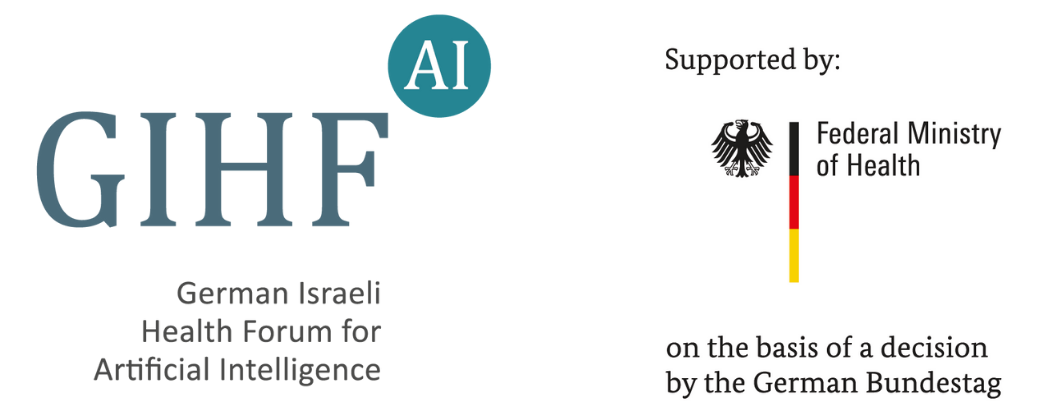This week we hosted a Parliamentary Breakfast at the German Bundestag with Esti Shelly (Director Digital Health, Ministry of Health Israel) and Dr. Susanne Ozegowski (Director General for Digitalization and Innovation, German Federal Ministry of Health) at the invitation of Matthias Mieves MP. The focus was on exchanges with Israel on Digital Health, AI use in healthcare and the use of health data for research.
Members of the German Bundestag Heike Baehrens, Maximilian Funke-Kaiser, Andreas Philippi, Janosch Dahmen, Andrew Ullmann and Matthias Mieves as well as Thomas Renner (Head of the Directorate “Innovation and Digitalization”, German Federal Ministry of Health) and several policy advisors and scientific staff members welcomed the fruitful exchange on digitally supported healthcare, telemedical concepts, the handling of research data and innovative companies as benchmarks for the digital transformation of healthcare.
Using use cases such as AI-based prevention systems in the context of the Corona pandemic, which warn healthcare professionals of the deteriorating condition of high-risk patients, or preventive checkups, Esti Shelly impressively demonstrated the medical advances that can be achieved through the secondary use of healthcare data and are already a reality in Israel. She emphasized that it is dangerous not to use health data for research, as this massively compromises the improvement of medical care. At the same time, she noted that data protection and patient participation are also of great importance to the Israeli population, and therefore constant work is being done on a trustworthy legal framework that is aligned with the GDPR. According to Shelly, bringing about innovation in healthcare requires, above all, close cooperation between legislators and healthcare professionals, as well as other relevant stakeholders, such as health insurers, researchers, industry and educators.
Dr. Susanne Ozegowski shared this view and emphasized how important it was therefore to introduce the electronic patient record (ePA) across the board, based on the opt-out principle for secondary use of the data. In order to benefit from data-driven medical progress in Germany as well, at least 80 percent of the population would have to use the ePA (EHR). In Israel, this has been the case for over two decades. For this reason, Israel boasts over 700 digital health startups and is now considered a showcase country for medical research and therapy.
Matthias Mieves MP summed up that the risk of not using health data for research is much higher than working with the data .

